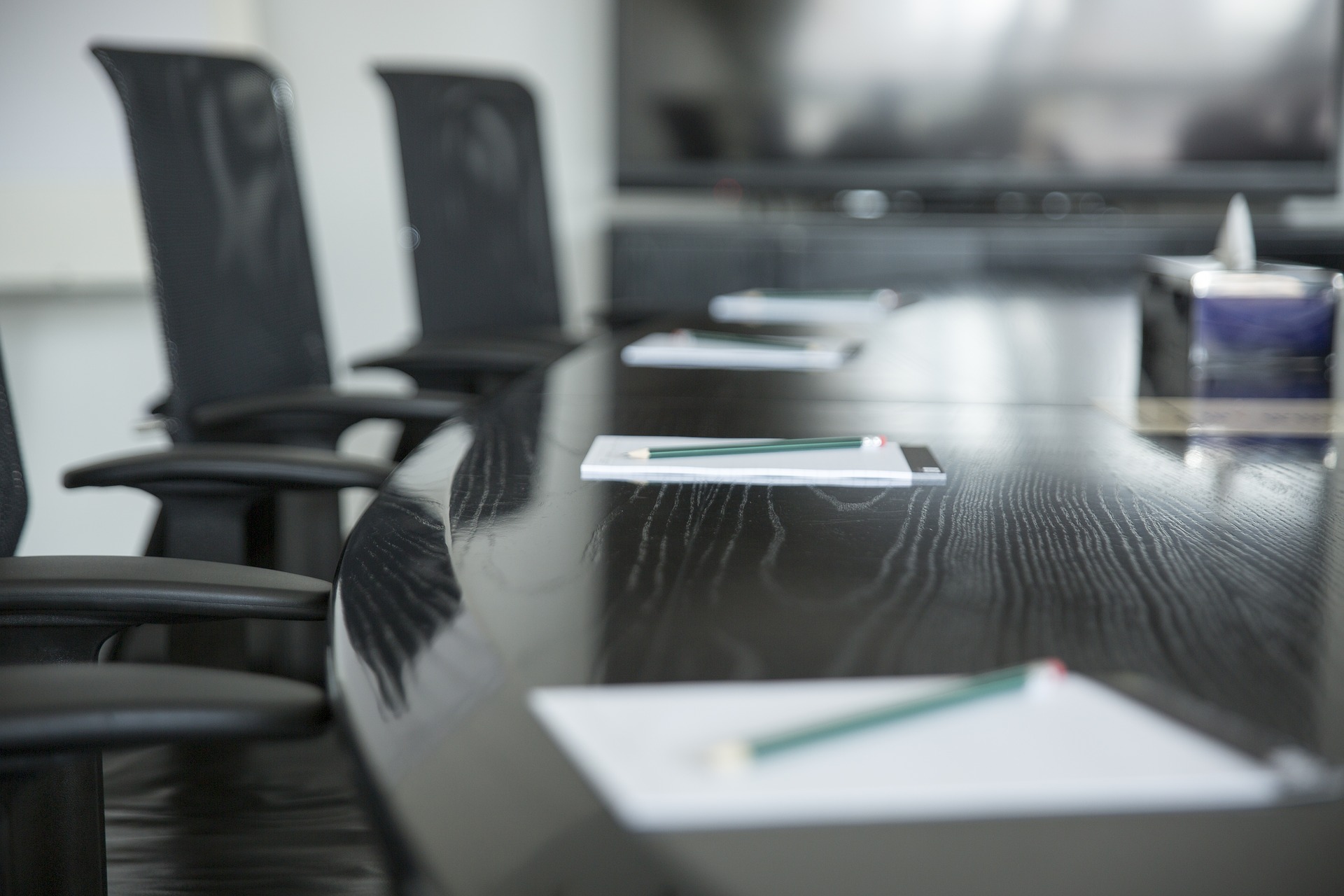Think Pieces
No one-size-fits all in post-pandemic education

Debate on future learning determines that every pupil is different and a variety of approaches is needed to fully meet their needs.
Global education is changing, of that we should be in no doubt, and as we enter a post-pandemic world, we have the opportunity to adapt to the new teaching opportunities presented to us.
This fact formed the basis of a discussion hosted by Horasis USA on March 4, on Pandemic Impact on US and Global Education. The panel formed part of a virtual conference covering a range of topics organised by Horasis, an independent organisation committed to enacting visions for a sustainable future.
The panel was chaired by André G. Shearer, Chairman, Indaba Foundation, USA. Alongside myself, other members were Doctor Vaira Vike-Freiberga, Former President of Latvia, Latvia, Peje Emilsson, Founder and Chairman, Kunskapsskolan Education, Sweden and Professor Michele Notari, Professor, Bern University of Teacher Education, Switzerland.
The discussion centred around an observation that school closures throughout the pandemic could present an opportunity to “reset the teaching of the skills that need to be prioritised in all levels of education.” Members were invited to share their experience of opportunities, new practices and changes that would help future-proof learning and enable people to realise their full potential.
When the panel was first formed it was intended that the pandemic would be the main issue to consider but this became overshadowed in part by our mutual concern for the emerging crisis in Ukraine.
Doctor Vike-Freiberga, who had gone from being a child refugee to President of Latvia (1999-2007) and had been on the shortlist for Secretary General of the United Nations referenced two significant international groups she had been working with during the lockdown. The first was a group commissioned by UNESCO to set out a new social contract for the future of education. This contract was defined as “Implicit agreements and principles that enable and inspire social cohesion around education, and that give rise to corresponding educational arrangement.” The second was for Lancet. This was part of The Lancet Covid 19- Commission. Here she acted as co-chair of a subgroup tasked with considering the impact of Covid-19 on humanitarian relief, social protection and vulnerable groups. Their findings showed that every disadvantaged group in society had disadvantages in education, career and personal development and this had been made worse during the pandemic. In particular she identified the plight of girls who had always had fragile access to education that had been made worse by the pandemic, with many of them being pulled out of school and not returning. The report goes on to state that the solution for this can be found in collaboration and cooperation from all involved.
Professor Michele Notari from Switzerland said that as a result of measures designed to stem the spread of the virus, students were sent home for schooling, and everyone had access to computers. However, the situation created a different set of circumstances around teaching, because the usual pupil-teacher interaction was lost, or at best distanced. The very interactions which build the social skill sets which are so critical in adult life, particularly in the world of work. He hoped that with schooling returning to normal this gap in student learning would be filled.
Peje Emilsson, Founder and Chairman, Kunskapsskolan Education from Sweden, describes himself as a serial entrepreneur. He referenced his experience in developing a large international group of schools based on personalised education. These schools were established in Sweden but can now be found in Saudi Arabia, the United Kingdom, India and Spain. During the pandemic his schools were forced to respond in different ways according to the country in which they were located. This provided them with the opportunity to develop new tools and approaches based around the understanding that every child is different and learns in different ways.
Mr Emilsson has also been working with a group of international experts for UNESCO looking into the future of education. They have formed the International Science and Evidence-based Education Assessment group (ISEE) which addresses two key questions:
- Are our education systems still serving the right purpose?
- Are they equipped to address the pressing challenges we face?
They have used a conceptual framework for lifelong learning in which to present their work. They have four pillars of education:
- Learning to know
- Learning to do
- Learning to be
- Learning to live together
The findings of this group will be published on the 22 March 2022 in Paris. The main findings are that every pupil is different and learns in different ways and therefore we need to provide a variety of approaches to meet their needs.
In this article we have summarised the main points made by the speakers in their introduction. You can view the whole event at https://www.youtube.com/watch?v=BC0FgHIUx5Y
The article that follows in our journal provides the full report from which our contribution was made. It is interesting to note that our colleague Sir Kevan Collins is referenced as one of the Advisory Board co-chairs of the ISEE Assessment Advisory Board.
Take care and stay safe
George
References
UNESCO Futures of Education Report Brief – 24 January 2022
The Lancet – public health – Safeguarding people living in vulnerable conditions in the Covid-19 era through universal health coverage and social protection, Gabriele Cuevas Barron, et al. Volume 7, Issue 1, January 01, 2022
UNESCO The international Science and Evidence based Education (ISEE) Assessment, 22 March 2022, Paris
